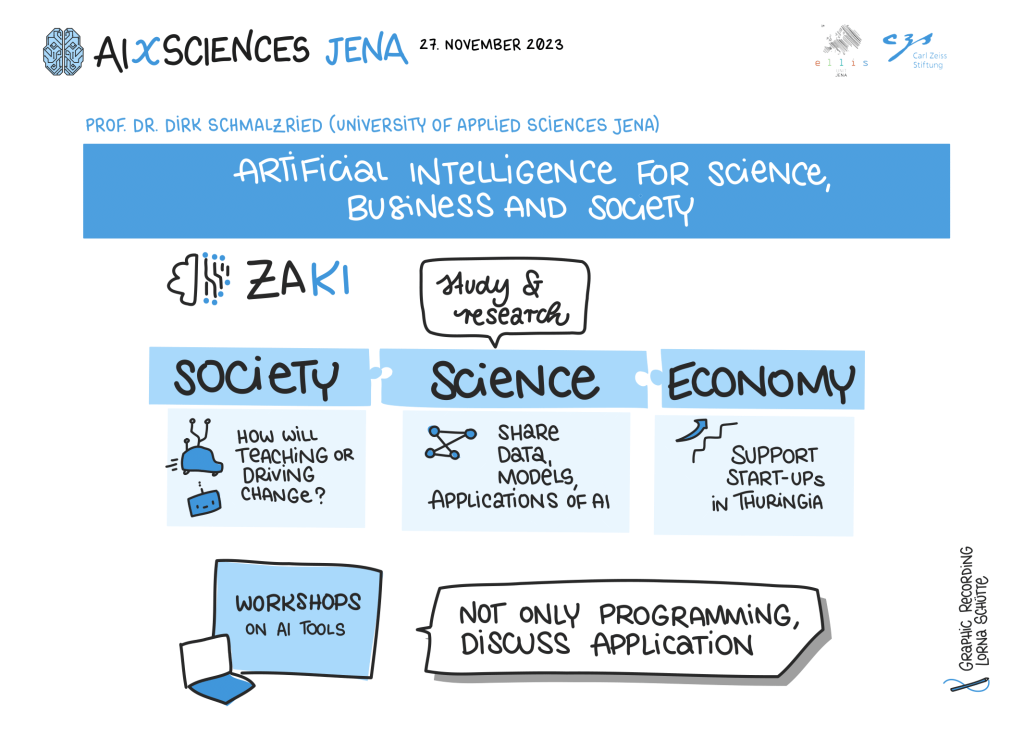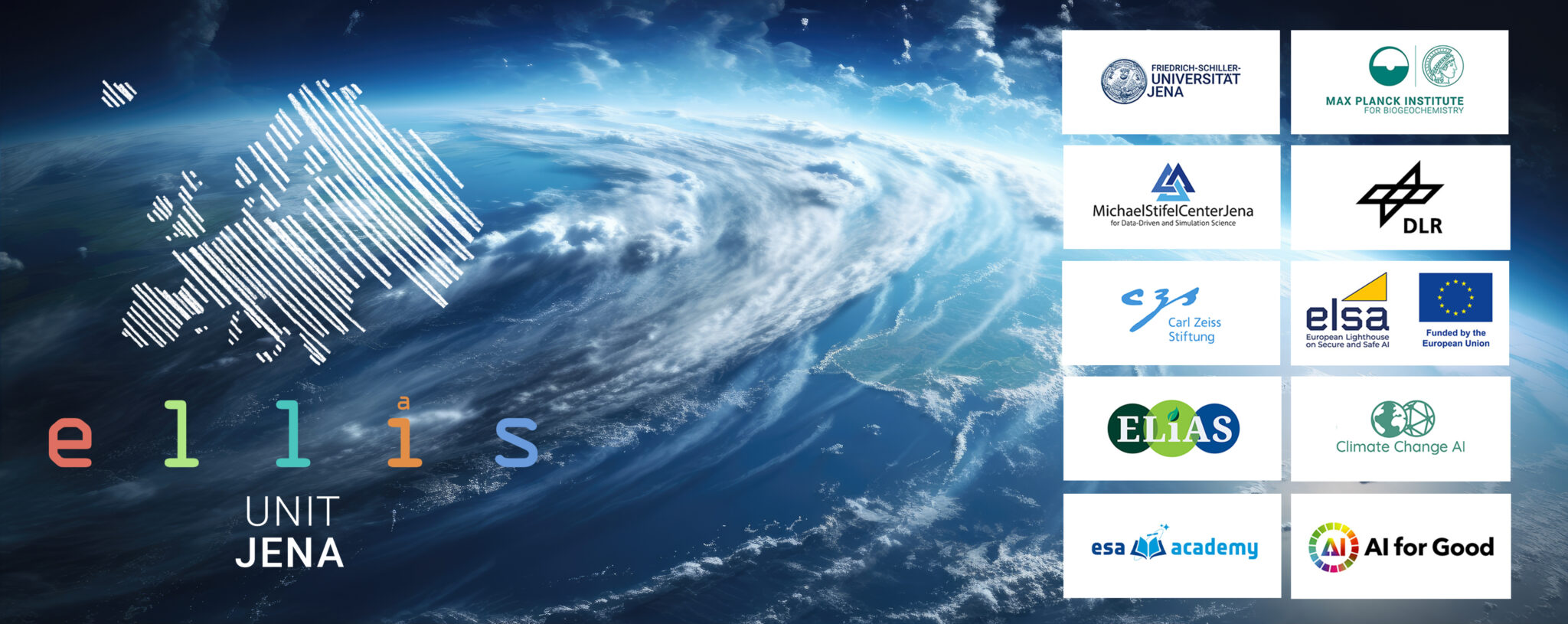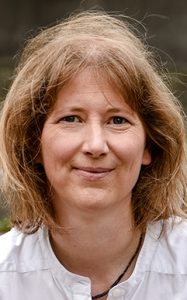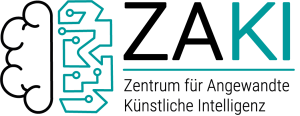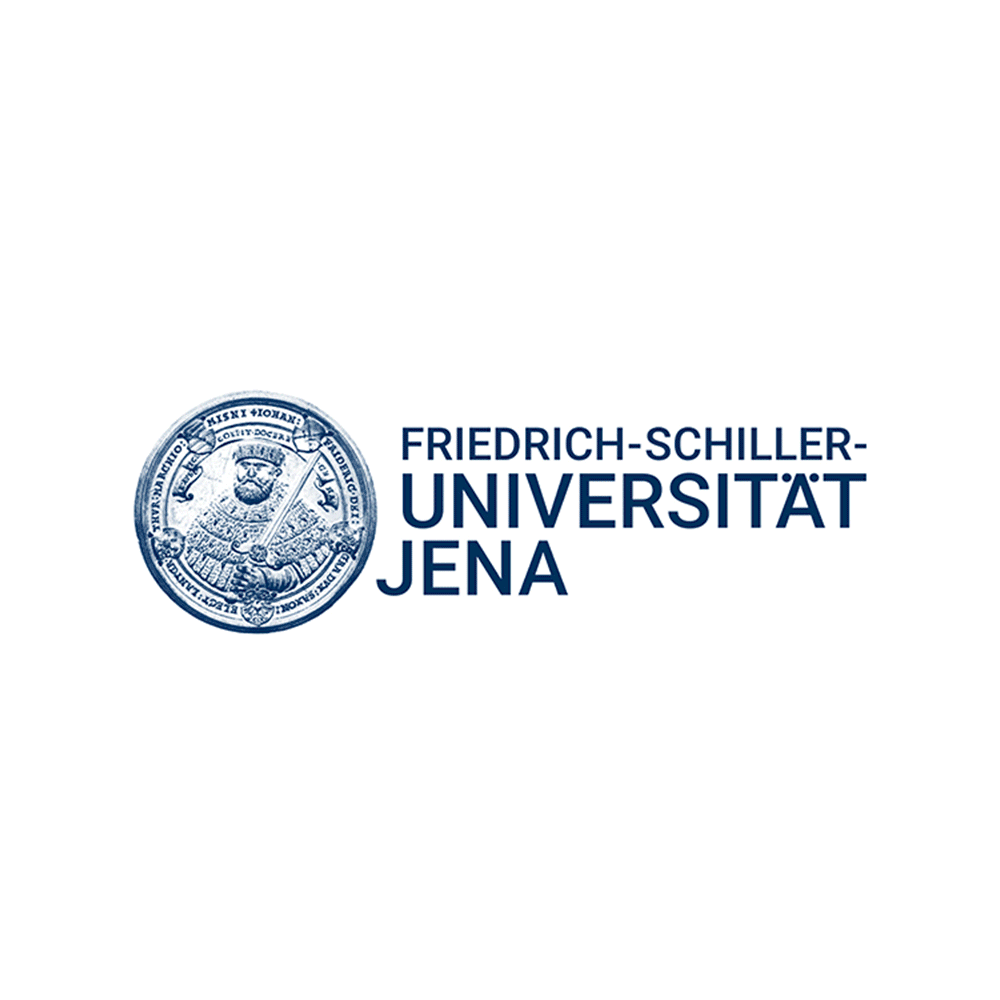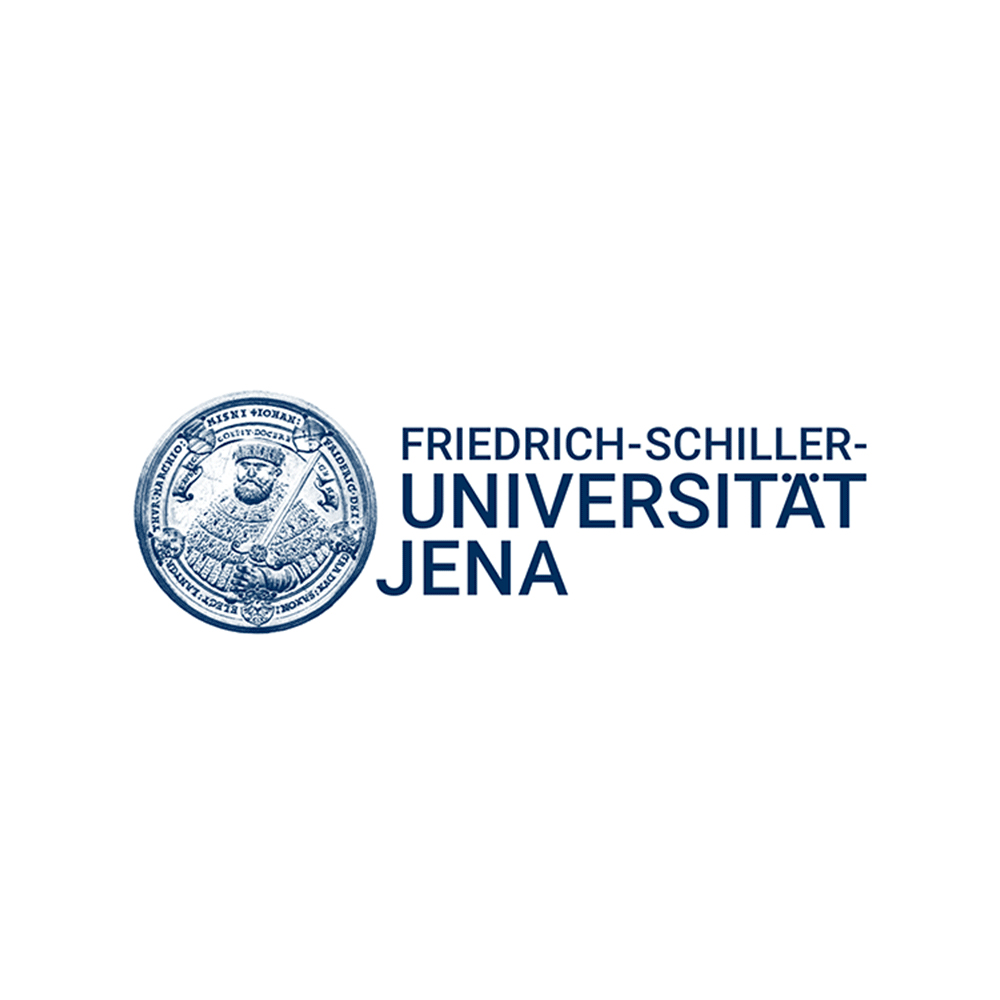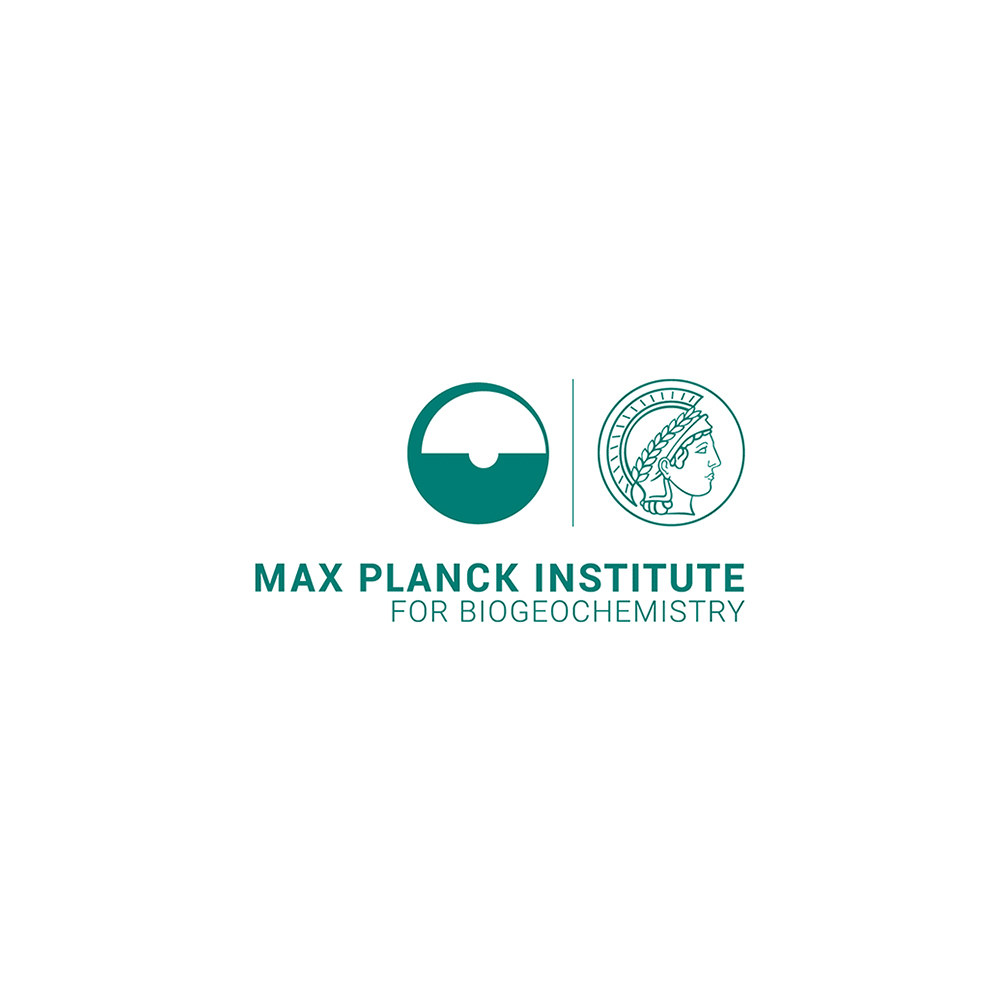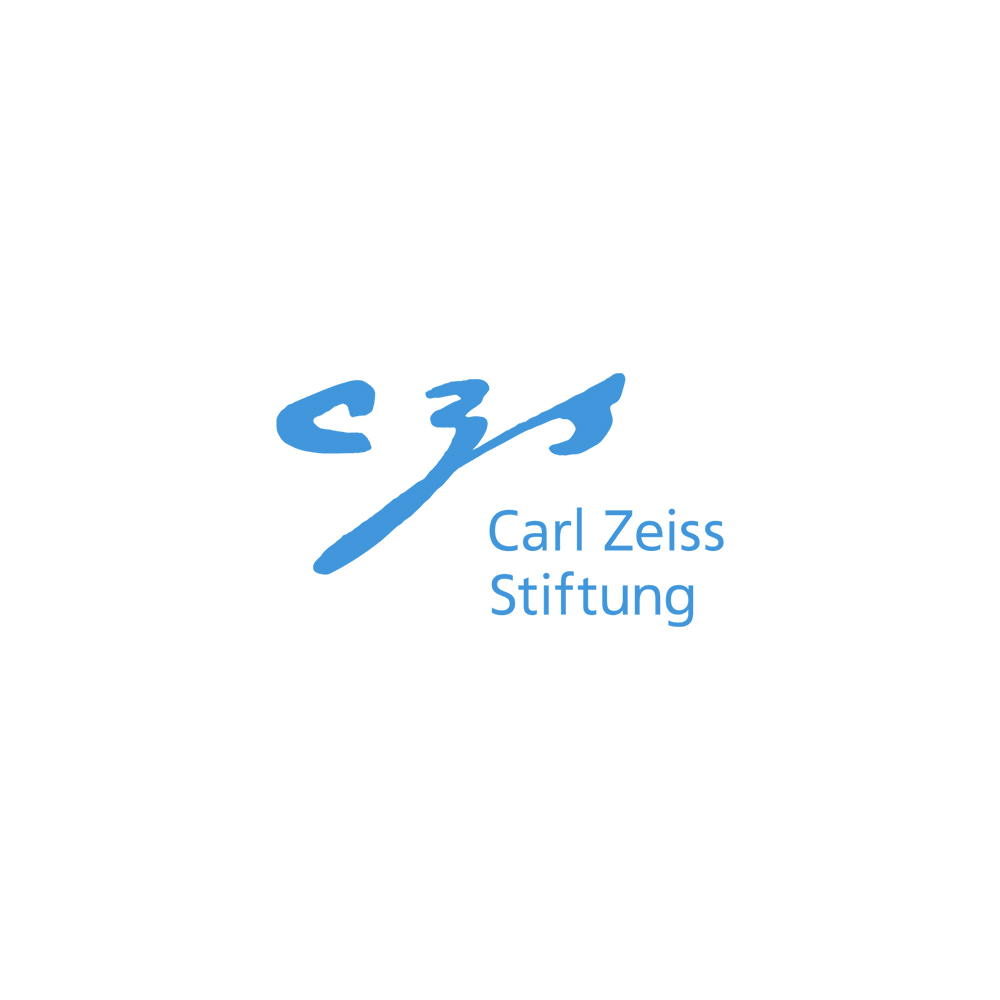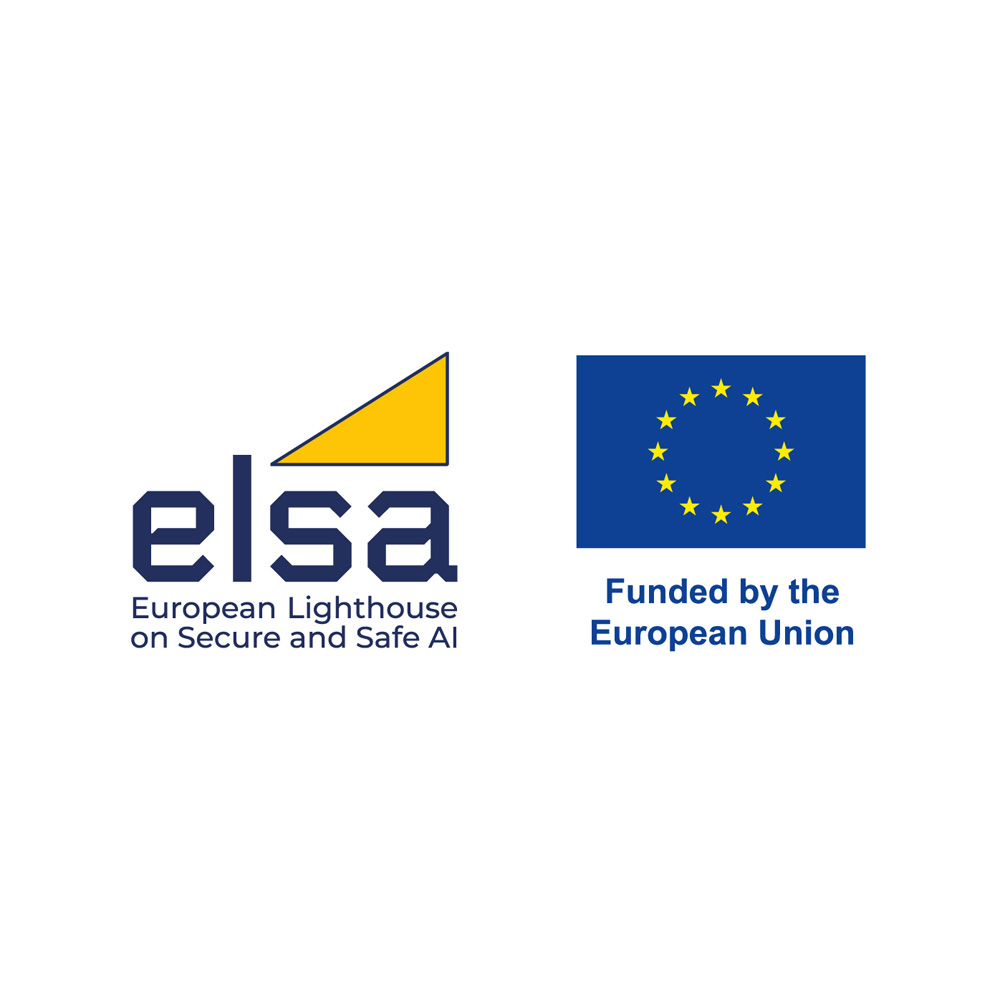CZS supported AI projects – session 1
10:30 AM – 11:40 PM
Artificial Intelligence for Science, Business and Society
The presentation will feature the new Center for Applied Artificial Intelligence. The structures and ideas for the three target areas will be explained based on the following questions:
1. business – How can companies become familiar with AI faster and more intensively? How to get the necessary research funds and how to succeed in the transformation?
2. society – How can educational formats in schools and for citizens help to both rapidly increase AI expertise and simultaneously reduce fears? Which AI applications play an important role for a better quality of life?
3. science – How can AI be anchored in education, which cooperative research projects can also be initiated in non-technical disciplines, and how can the transfer to industry and to society succeed even faster?
Speaker and Center leader
Since April 2023, Professor Dr. Dirk Schmalzried has been serving as the Scientific Director of the Center for Applied Artificial Intelligence (ZAKI) in Jena. Concurrently, since September 2020, he has held the position of Professor for E-Business and E-Commerce at Ernst-Abbe-Hochschule (EAH) Jena, a university of applied sciences. His expertise is reflected in his role as an educator, researcher, and advisor in various domains, including Information Systems, Artificial Intelligence, Explainable Artificial Intelligence, and their applications in E-Commerce, Online Marketing, manufacturing, and other fields. Before his current roles, Dirk served as the Managing Director at ORSOFT GmbH, a software company with approximately 100 employees, for two years. Prior to that, he spent four years as a Member of the Management Board at ORSOFT GmbH, actively contributing to projects in Advanced Production Planning, Manufacturing Operations, Supply Chain Management, and production optimization. Dirk’s professional journey also includes a decade-long tenure as the Head of Software Development at OR Soft Jaenicke GmbH and earlier positions such as Head of Marketing and Product Management at SBM Software and Consulting, as well as CEO, Co-Founder, and Owner at smartec GmbH. His academic achievements include the completion of a Ph.D. in information systems (economics) from the Universität Leipzig between 2009 and 2013.
Center leader
Since 2019, Prof. Dr. Kristin Mitte has held the role of Vice President for Research and Development at Ernst-Abbe-Hochschule (EAH) Jena. Alongside this administrative role, she has been a psychology lecturer in the Department of Social Work at the university since 2017. Her academic journey includes a professorship in Psychological Diagnostics at the University of Kassel before taking on a substitute professorship at EAH Jena from 2015. A mother of two, Kristin Mitte pursued her studies and completed her doctorate at Friedrich Schiller University in Jena. Her significant contributions to the field earned her the university’s habilitation prize for her work titled „Personality and Affect: Interindividual Differences in Emotional Experience,“ exploring the measurement of social desirability. Coming from the Erzgebirge in Saxony, Prof. Dr. Kristin Mitte brings rich practical experience in clinical and diagnostic settings. Since 2017, she has been actively involved in teacher training and serves as a lecturer at the Thousand Deeds Association. Her academic pursuits center around developmental and personality psychology, delving into topics such as emotional competencies in preschool age, trauma, and conducting evaluations and meta-analyses. Prof. Dr. Mitte has an track record of third-party funded projects, reviewer activities, and high-ranking publications. In her role as Vice President for Research and Development, she spearheads responsibilities related to research, development, and technology transfer at EAH Jena.
The new Center for Applied Artificial Intelligence (ZAKI) at the Ernst Abbe University of Applied Sciences (EAH) in Jena is a platform that connects stakeholder from science, business and society with a common interest in AI applications. The Carl Zeiss Foundation is funding the center with 2.7 million euros, and the university is investing a further 300,000. The Center for Applied Artificial Intelligence will support the transformation to a knowledge society, taking into account the needs of regional and national companies. New cooperative research projects will be initiated, companies will be familiarized with AI in workshops, and formats for schools and society will be developed.
